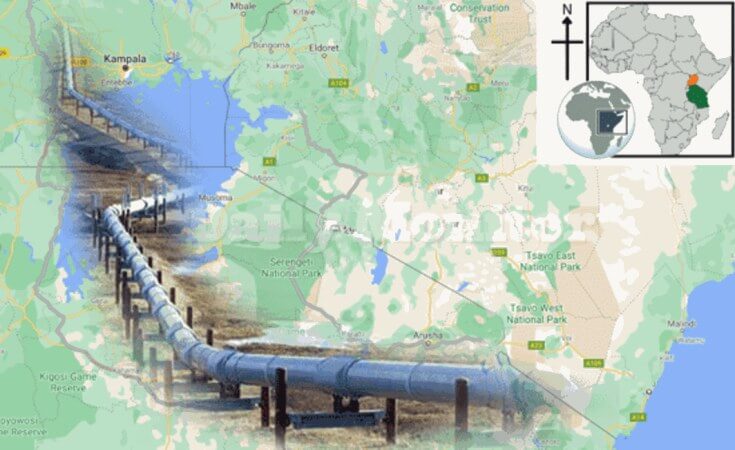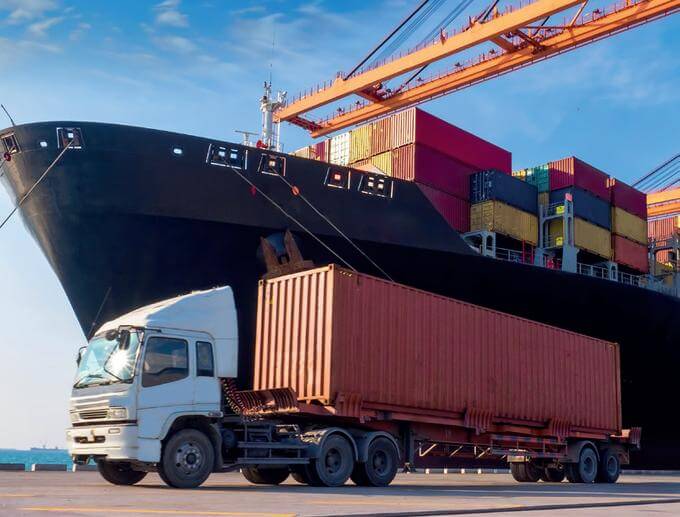International oil major TotalEnergies will on October 10 answer to charges of environmental and human rights abuse before the European Union parliament in Brussels in a new threat to the actualisation of its East African Crude Oil Pipeline (Eacop) and related upstream oil projects in Uganda’s Lake Albert region
The European parliament has summoned chief executive Patrick Pouyanné to Brussels to justify the project that the lawmakers denounced last week.
He will appear before the parliamentary Committee on Environment, Food and Natural Resources, as well as that of Human Rights. The outcome will determine how the company navigates this latest crisis.

Hit by opposition from environmentalists on one side and beleaguered by financiers on the other, Total is now walking a tightrope as it pushes ahead with the Eacop.
Last week, the European Union parliament passed a resolution calling for the French oil major and its joint venture partners to delay the projects by one year, to address environmental and human rights concerns.
That decision was dismissed by Ugandan President Yoweri Museveni who said the country will look for alternatives if Total obeys the European Parliament.
The oil company, siding with President Museveni, has also vowed that the projects – now in the development phase – will not be halted.
As Total pondered how to navigate this crisis, President Museveni was on a warpath with the company, whose 62 percent stake makes it the biggest shareholder in Eacop. Uganda National Oil Corporation (UNOC) and Tanzania Petroleum Development Corporation own 15 a percent stake each, with China National Offshore Oil Corporation (CNOOC) owning eight percent shareholding.
First, while meeting ruling party MPs’ caucus on September 16, the president warned that should TotalEnergies cave in to pressure from the EU parliament and halt Eacop or pull out of the project agreement, he is ready to drag them to the international court of arbitration.
He later tweeted dismissing the EU parliament’s resolution but more significantly, he fired a warning shot at the French oil giant.
“We should remember that TotalEnergies convinced me about the pipeline idea; if they choose to listen to the EU parliament, we shall find someone else to work with,” read the tweet on September 16.
Total is a corporate citizen of the EU and could be swayed by the lawmakers.
However, it is obvious that the EU parliament’s resolution has shaken government officials in Uganda’s ministry of Energy, as well as those at TotalEnergies and the Eacop Company, who have all previously been very economic with information. They are all now scrambling to volunteer information about the project, either through media briefing or on their websites.
For example, the Eacop Company this week uploaded on its portal the status of compensation of project affected persons (PAPS) – a key tenet on which the EU censure is partly based, as well as the environmental and social impact assessment.
Before the Brussels resolution, this information was not available.
Displaced persons
With construction slated to start by end of this year, only 331 out of a total of 9,513 Eacop’s PAPs in Tanzania will be physically displaced and have been selected for replacement housing, but the website says “construction of these houses is ongoing” without giving completion timelines.
In Uganda, out of 3,648 PAPs, only 203 will be physically displaced, and majority of these have elected for replacement housing. These too are under construction according to the website, but no completion dates are given.
The EU parliament resolution puts the figure of those affected at more than 100,000 – mainly farmers, who are already being displaced from their lands without prior and fair compensation, a number that the resolution also quotes as putting communities at imminent risk of displacement.
Uganda government agencies are also sweating to dispel claims that Eacop will cross numerous protected ecosystems, which will be impacted by the heated pipe operating at 50 degrees Celsius. Officials counter that there only five small rivers and out of the 1,443km of the pipeline, only eight percent is a forest reserve.
Since the resolution was passed on September 15, the French oil giant has played the sovereignty card, tweeting that Uganda and Tanzania are sovereign states that have made the strategic choice to exploit their natural resources to contribute to the development of their countries, and as such, are not bound by resolutions of the EU parliament.
“TotalEnergies recalls the significance of the Lake Albert/Eacop project for Uganda and Tanzania, and we shall do our utmost to ensure the project is carried out in an extremely exemplary manner in terms of transparency, shared prosperity, social and economic progress and sustainable development, including the environment and respect for human rights,” said Pouyanné.
SOURCE: THE EAST AFRICAN







